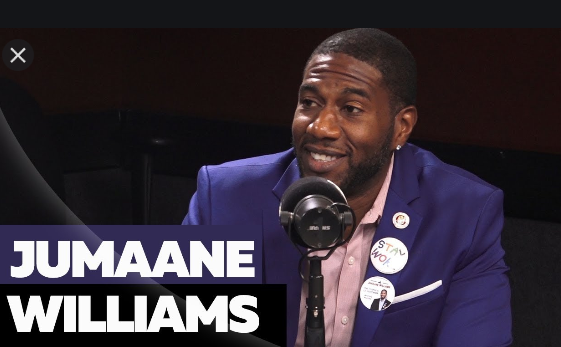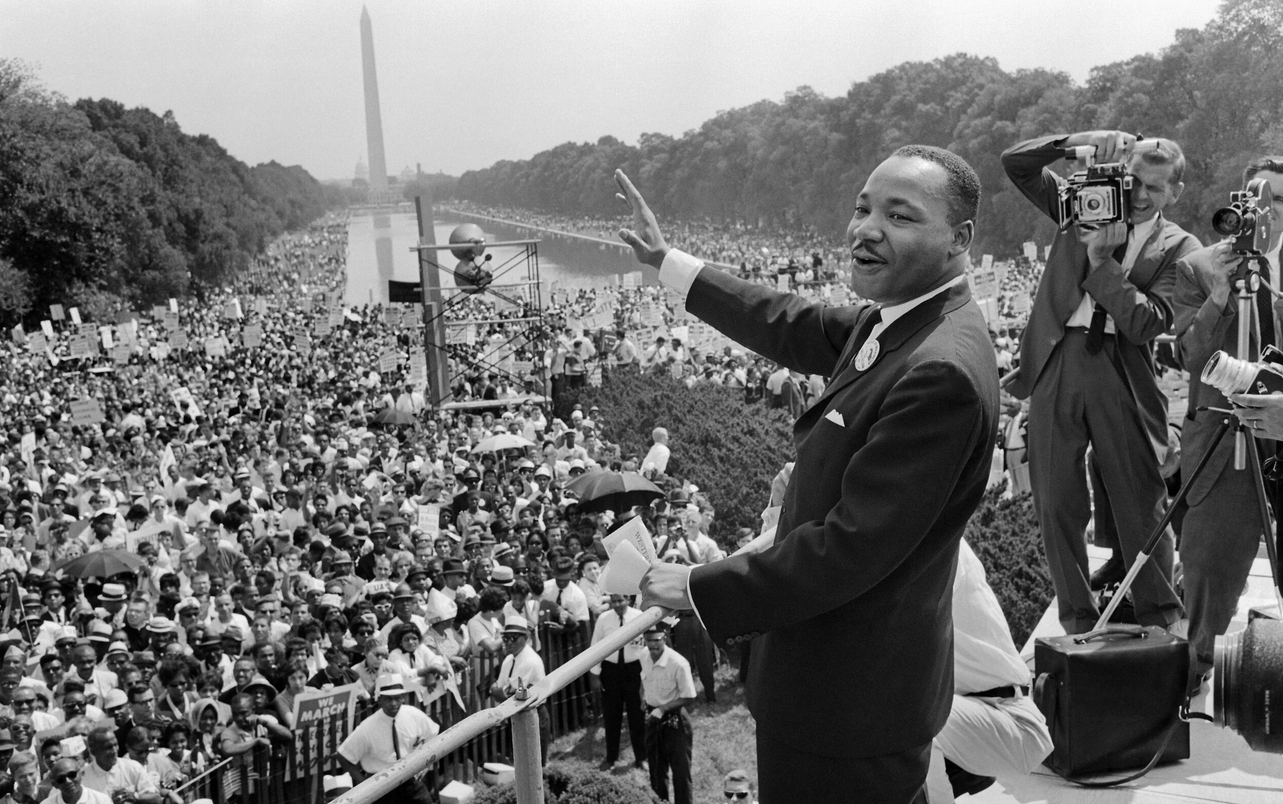[Public Advocate Jumaane D. Williams\Rent Relief]
Williams: “I have long joined tenants in urging protections and relief, and I have seen rents continue to rise, forcing New Yorkers out of their homes. The affordable housing and homelessness crisis is now compounded exponentially with the COVID-19 crisis.”
Photo: YouTube
Public Advocate Jumaane D. Williams released the following statement calling for rent relief as the Rent Guidelines Board was set to hold its preliminary vote.
“I have long joined tenants in urging protections and relief, and I have seen rents continue to rise, forcing New Yorkers out of their homes. The affordable housing and homelessness crisis is now compounded exponentially with the COVID-19 crisis, and in the midst of that emergency, and the economic devastation it has caused, now more than ever the board must hear their voices and act accordingly.
“Throughout this pandemic, responses have been too small and too slow, but now the board has an opportunity to provide vital relief. As many tenant advocates have argued, a rent rollback is a forward-looking course of action that the board must consider. At a minimum, a rent freeze is necessary to help more than two million tenants across the city to stay in their homes.
“Tenant support in this crisis has thus far been inadequate in New York – with the Governor refusing to cancel rent and instead postponing the inevitable pain with short-lived eviction and mortgage payment suspensions. Long after those measures have expired, New Yorkers will continue to feel the deep economic consequences of this pandemic, and a rent freeze is the very least the board can do as part of our city’s response and recovery efforts as we await further action on the state level for renters and owners alike. I urge the board to support this measure and the tenants who depend on your vote.”
The Public Advocate’s rent relief recommendations are part of a report from his office entitled “COVID-19 Pandemic: Preliminary Recovery and Response.” Among the tenant response measures are:
- The New York State Legislature must pass and the Governor sign S8125A/A10224A, sponsored by Senate Deputy Majority Leader Michael Gianaris and Assembly Member Yuh-Line Niou, which would cancel rent for tenants across the state who are facing financial hardship because of the coronavirus and in turn allow landlords to write off that amount from the mortgages they owe.
- End the carve-outs that are written into the statewide eviction suspension. While the suspension is an essential step in recognizing the importance of housing as healthcare, the current memorandum still allows new eviction cases to be filed. No new eviction cases should be brought to court and a state-wide rent moratorium must be enacted.
The report also proposes long term tenant recovery measures including:
- The passage and signing of the statewide Home Stability Support (HSS) A1620/S2375 bill introduced by Assemblymember Andrew Hevesi and Senator Liz Krueger. This bill would create a new statewide rent supplement for families and individuals who are eligible for public assistance benefits and who are facing eviction, homelessness, or loss of housing due to domestic violence or hazardous living conditions. HSS will be 100% federally and state-funded, and will replace all existing optional rent supplements;
- The passage and signing of the statewide Good Cause Eviction bill A5030B/S2892B Pass good cause eviction with no unconscionable rent increases to protect tenants who live in small, nonowner occupied buildings;
- Upholding the crucial rent stabilization actions passed by the State Legislature and signed by the Governor in 2019;
- Closing loopholes in the State’s current rent laws that incentivize tenant harassment, cause sudden and permanent rent hikes, and lead to evictions and a loss of affordable housing;
- Improving tenants rights through the passage of the office’s upcoming Worst Landlord Accountability Act; and
- Fundamentally revising policies around Mandatory Inclusionary Housing and rezoning, including the passage of Int. 1572, which would mandate a racial impact study for all rezonings.








